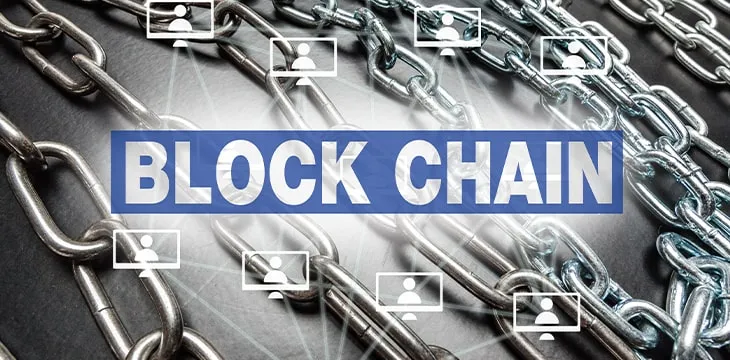|
Getting your Trinity Audio player ready...
|
Two new bills focusing on digital currency and the blockchain sector have passed the U.S. House of Representatives, on their way to a reading in the Senate.
The instruments were passed as part of the Consumer Safety Technology Act, with two of the three titles related to the blockchain sector, with a third focused on regulation of artificial intelligence.
The bills have been brought forward by Representative Darren Soto (D-Fl), the second time they have been presented to the House, after being shelved at the end of the last Congressional session ahead of the presidential election.
With much time still to run in the current congressional session, it is expected lawmakers will now have more time to give the bills adequate consideration, with a view to expediting their journey through the legislative process.
The first title, The Blockchain Innovation Act, will mandate a report on the use of blockchain in trade applications, as well as how it can be used in tackling fraud. The report is to be prepared by the Federal Trade Commission (FTC) and the Department of Commerce. Discussing the bill on the House floor, Soto said it represented “a first step towards our long-term goal of setting up a Blockchain Center of Excellence in the Department of Commerce.”
The next bill, The Digital Taxonomy Act, opens with the assertion that “the use of digital tokens and blockchain technology is likely to increase in the future.” The bill required the FTC to produce a second report looking specifically at unfair and deceptive practices in the crypto sector, in a bid to clean up the act of companies in the industry.
The act has been created to “authorize additional appropriations to the Federal Trade Commission to prevent unfair or deceptive acts or practices relating to digital tokens and transactions relating to digital tokens, and to require a report to Congress on the Commission’s actions related to digital tokens.”
The legislation follows high profile criminality involving cryptocurrency in recent months in the U.S., notably the ransomware attack on the Colonial Pipeline, which resulted in a payment of a ransom in digital currency.
While the bills have passed the House, they must now win favor in the Senate, traditionally less supportive of digital currency and blockchain tech. While the number of lawmakers in the U.S. indicating support for digital currency has increased, senators have proven to be much harder to win round.
There is however the suggestion that senators may be hardening positions against digital currency and blockchain, which could pose further problems for the passage of these bills.
Nevertheless, the legislative steps come against a backdrop of increasing regulation around blockchain tech in the U.S., as the regulatory position begins to clarify, in what is being seen as a welcome development across the sector.
Rep. Soto has gathered something of a reputation for his work in formulating blockchain policy, responsible for a number of bills relevant to the sector.
On his Blockchain Technology Coordination Act, Soto said the future would see an increased role for blockchain technology, and that the U.S. must move quickly on research and development to avoid being left behind.
“In order to ensure that the U.S. does not fall behind on research and development, we must embrace blockchain technology and explore all of the ways in which it can help our nation grow.”
The bill was created to “establish an office within the Department of Commerce to coordinate all non-defense related deployment and activities related to blockchain technology within the Federal Government.”
It remains to be seen whether the latest round of legislation will win sufficient support in the Senate to become law.
See also: Rep. Patrick McHenry discusses “Blockchain Policy Matters” with Bitcoin Association’s Jimmy Nguyen

 08-07-2025
08-07-2025 





